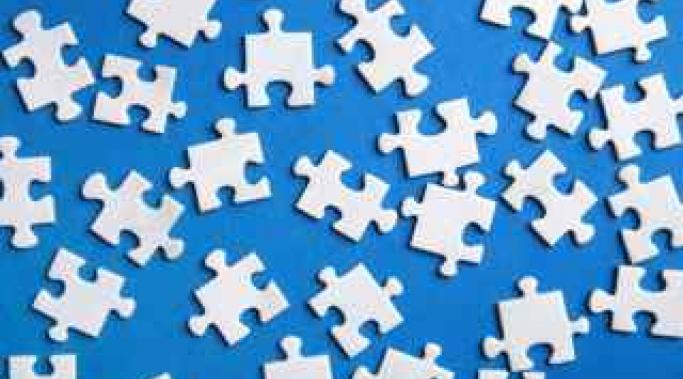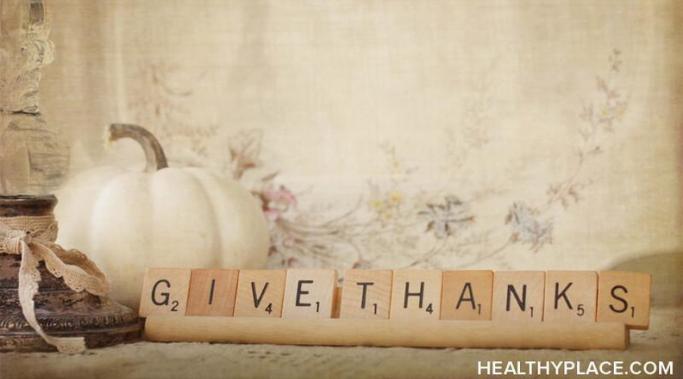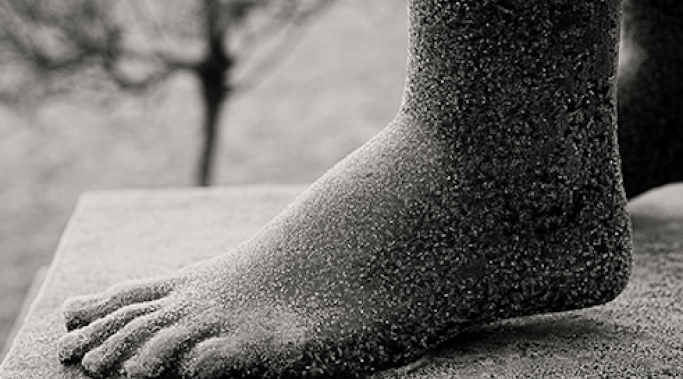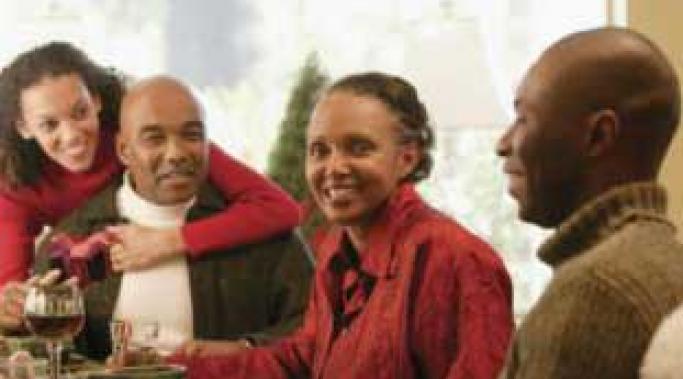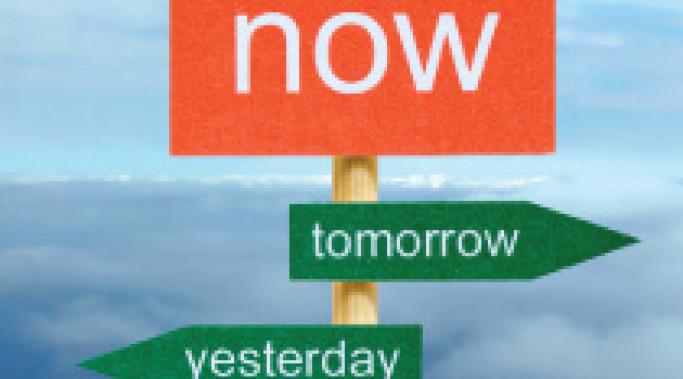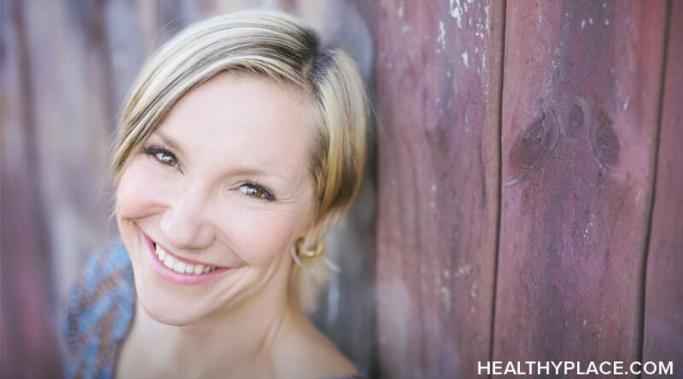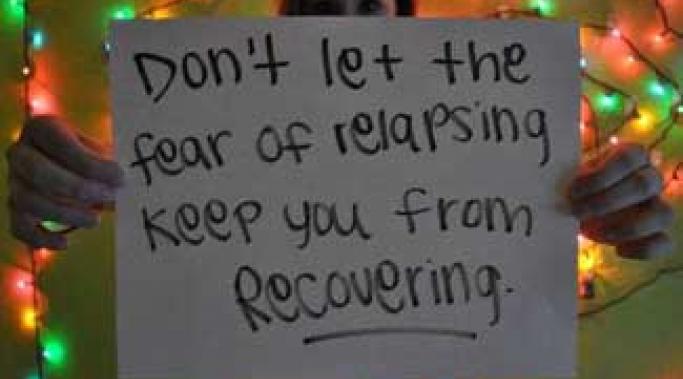I have been solidly in recovery from anorexia nervosa for six months now. (Meaning, I discharged from residential treatment six months ago. I find it difficult to count toward my recovery time where I was "forced" to behave.) A lot of things about recovery are awesome and most of the time I really love it. Until I don't.
Relapse Prevention
I recently found myself doing quite a bit of traveling for work and being sleep deprived due to layovers, long flights and work related events. Inevitably, when it seems like my life is going too fast, I start feeling nervous about my food intake.
Being thankful in eating disorder recovery is not always easy and, sometimes, it's nearly impossible to find a reason to be thankful. Thankful that I'm still alive? Sure, but there have been days that breathing has seemed more of a curse than a blessing. Thankful for family? Oh, you mean those jerks who shipped me to an eating disorder treatment center halfway across the country and wouldn't let me come home? So thankful for them. (Sorry, Mom and Dad! But this was definitely a thought of mine.) But usually, if you look closely enough, you will find a lot of reasons to be thankful in eating disorder recovery.
A lot of people I've talked to on my journey in and out (and in and out) of this eating disorder hell have told me that there are periods of the year that are more difficult for them because of eating disorder memories or landmarks. I often think of them as anniversaries. It's more than that general tension at holidays or the beginning of the school year - these anniversaries mark something (good or bad) and become a measuring stick.
The holidays are upon us with the party season in full swing and it can be a frightening time for someone suffering or recovering from an eating disorder. Most of you must know by now that I consider myself recovered and that I've maintained recovery from bulimia for over 5 years. However, that is no to say that I don't have some moments or even days when I feel more vulnerable to some potential eating disorder triggers; especially during the holidays
Every day, I make small choices which greatly impact the maintenance of my bulimia recovery. One of these choices starts with thinking ahead in the morning on the meals I plan to have throughout the day; while another is being mindful of the inner dialogue I have about my self-image and how it relates to my eating habits.
I’m a foodie! I love food and I love cookbooks. I love my kitchen. Also, preparing food for the people I love knows no bounds! Let's pause for a second....I've also recovered from bulimia.
A few people have recently asked me how I deal with negative talk about body image when comments are made around me. While the following five tips are my ways of coping, I think they are universal enough to perhaps help you, too, when you find yourself in these types of situations:
Handling eating disorder triggers is your responsibility; an on-going effort that only you can control. I realized the responsibilty again a couple of weeks ago. I attended a dinner party held by one of the mental health related organizations I volunteer for. Seated next to a prominent psychiatrist, I found myself turning down the hostess’ offer of Nutella brownies (Eating Disorder Triggers and Social Events) The psychiatrist looked at me in a funny way when I said to the hostess that I’d pass on her offer.
How does an eating disorder relapse begin?
For years, my eating disorder left me starving for more than just food. During episodes of restriction, binging and purging, I was also starving to share the truth. I was coming to the realization that I was bulimic, but I lived in fear of being labelled crazy if I spoke out. So, instead, I told myself lies, which unchecked, was a secret that could have killed me in the long run. (read: Secrets in Eating Disorder Recovery)

